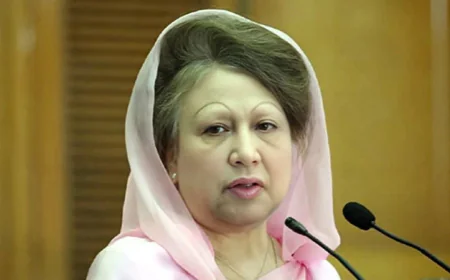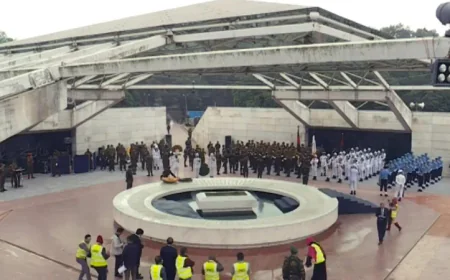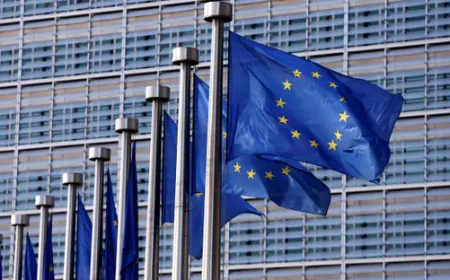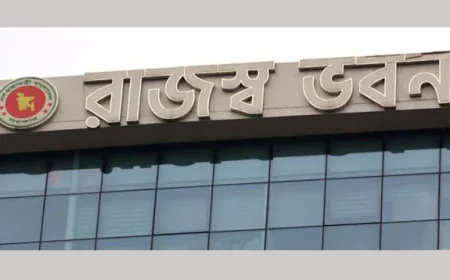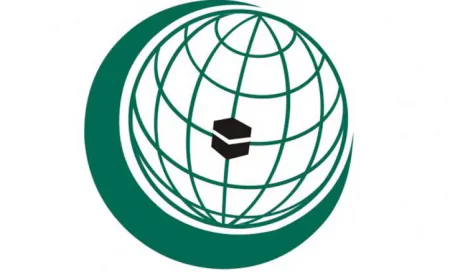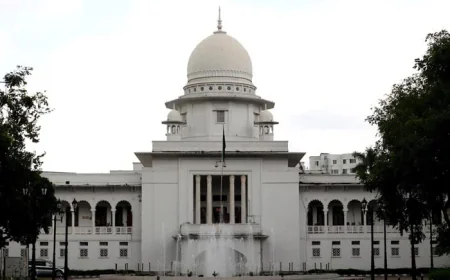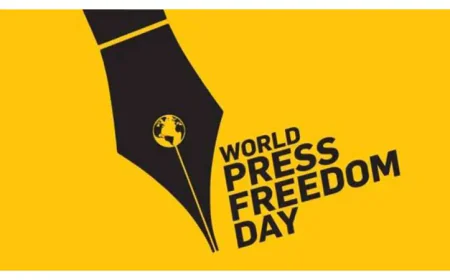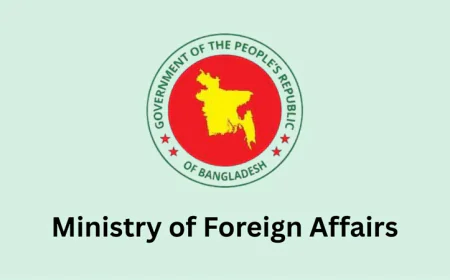Commission Links Enforced Disappearances to Shifts in Political Landscape

The five-member commission instituted by the incumbent interim government to investigate enforced disappearances has found a correlation between the enforcement of the Anti-Terrorism Act within a “weaponised criminal justice system” and shifts in the political landscape during the deposed Awami League regime. According to the commission’s second interim report, the most significant spike in cases under the Anti-Terrorism Act occurred in 2018, aligning with a general election that was marked by widespread suppression of opposition activities. Another surge in cases was recorded in 2021, coinciding with mass protests triggered by the visit of Indian Prime Minister Narendra Modi to Bangladesh. In contrast, the report notes that by 2023, opposition activities shifted more toward direct street confrontations. During this period, law enforcement appeared to scale back the use of anti-terrorism charges. This reduction, combined with a concentration of protests toward the end of the year, contributed to a decline in new case filings. By 2024, new cases had markedly decreased, possibly reflecting a lull in opposition activity following the national election.
The commission stated that the trend of case filings closely tracking political developments undermines claims that these cases were filed solely to counter terrorism. A dedicated chapter in the report, titled “Weaponised Criminal Justice System,” asserts that courts and prosecutorial mechanisms were systematically manipulated to suppress political dissent and shield state actors from accountability. Among all statutes, the Anti-Terrorism Act, 2009 was identified as the most frequently invoked, with 198 victims charged under it—significantly higher than any other law. This was followed by the Explosive Substances Act, 1884 (51 victims) and the Arms Act, 1878 (43 victims). Fewer cases were filed under the Information and Communication Technology Act, 2006 and its successor, the Digital Security Act, 2018 (9 victims), as well as the Special Powers Act, 1974 (8 victims). The report concluded that reliance on broad national security and criminal statutes, particularly the Anti-Terrorism Act, points to a systemic pattern of criminalisation often lacking individualized evidence.
Testimonies gathered by the commission from across various districts and years revealed a disturbingly consistent pattern in which confessional statements were extracted from victims of enforced disappearances and arbitrary detentions under coercion. According to the report, this uniformity in victims’ experiences suggests a coordinated method of coercion. Victims reported being explicitly told that unless they signed Section 164 confessional statements before a magistrate and repeated a dictated narrative, they would face dire consequences. Several testimonies included in the report revealed that detainees faced direct threats, physical abuse, and psychological coercion. Victims were warned that failure to cooperate would result in death, prolonged disappearance, harm to family members, or trumped-up charges. Furthermore, the report highlights that victims were often brought before magistrates to record their confessions without legal representation. Legal counsel was deliberately excluded to prevent procedural safeguards from interfering with coerced confessions.
Over the past decade, the commission found that authorities had deployed a consistent range of criminal statutes to frame charges in a formulaic manner, regardless of time, location, or political context. These charges often relied on vague language, repeated allegations, and justifications lacking in evidentiary backing. By analyzing a sample of charge sheets, the commission identified a trend of prosecutorial scripting. It found that acts of dissent, protest, or ideological deviation were routinely portrayed as components of a broader narrative of national threat. The report also points out that online speech—particularly criticism of Sheikh Hasina, state institutions, or support for protest movements—was often framed as a threat to national security. Laws such as the Digital Security Act and Section 57 of the ICT Act were used to securitize digital dissent, portraying it as extremism, public disorder, or anti-state activity. “This legal framing allowed the previous regime to treat political speech not as a civil liberty but as a potential trigger for instability,” the report observed.


